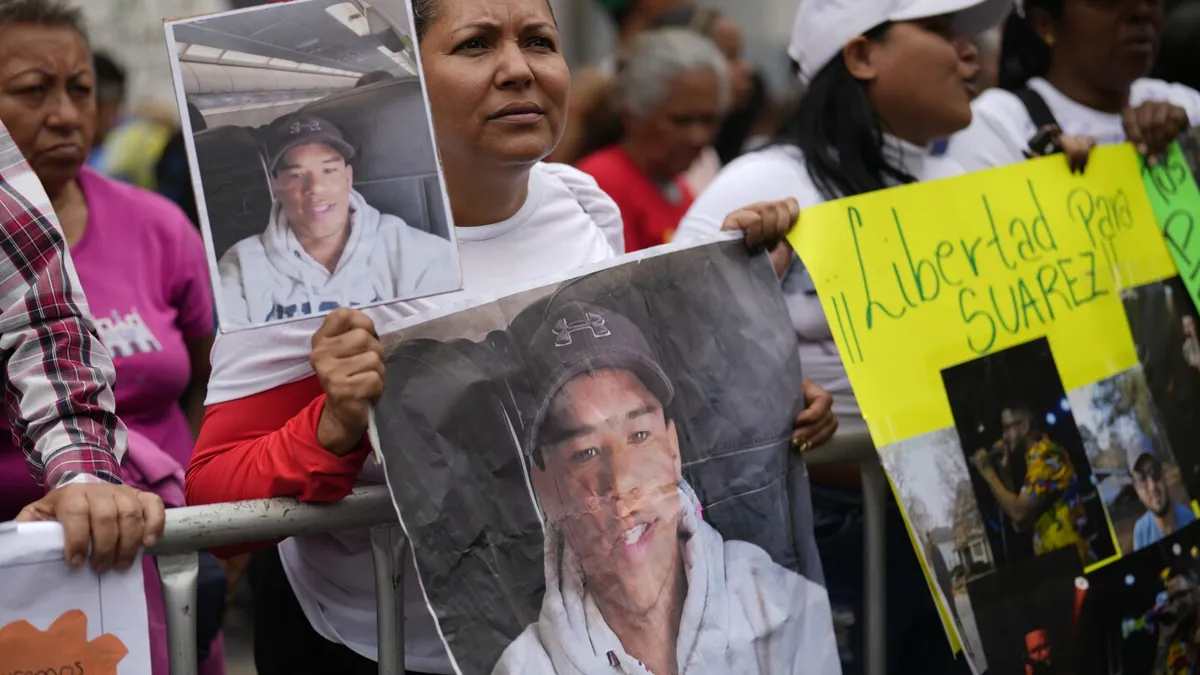
In a significant legal confrontation between the judicial and executive branches of the U.S. government, a federal judge has demanded that the Trump administration provide explanations regarding its failure to redirect flights carrying deportees to El Salvador. This directive comes in response to ongoing legal actions concerning the deportation of Venezuelan immigrants, some of whom the administration has alleged are linked to gang activities.
U.S. District Judge Jeb Boasberg issued a court order aimed at halting deportations under a rarely invoked 18th-century wartime law. This order specifically targeted flights that were already airborne when the judge mandated their return to the United States. Judge Boasberg's firm stance illustrates the judiciary's role in overseeing executive actions, particularly those that may infringe on legal protocols.
Following the judge's order, flights carrying alleged gang members landed in El Salvador, prompting Boasberg to seek clarification on why this action did not constitute a violation of his court mandate. The judge set a deadline for the administration to either provide comprehensive details about the flights or assert a claim that releasing such information could jeopardize national security interests.
The Trump administration has pushed back against the judge's requests, labeling them as an "unnecessary judicial fishing expedition." In a written response, Judge Boasberg criticized the administration's compliance efforts, describing them as "woefully insufficient" and accusing officials of evading their legal responsibilities by reiterating general information rather than addressing the court's specific inquiries.
In light of the administration's inadequate response, Judge Boasberg has ordered Trump officials to "show cause" as to why they should not be held in contempt of court. This decision underscores the increasing likelihood of legal repercussions for the administration if it fails to comply with the judicial directive.
The Justice Department has maintained that only the judge's written orders should be binding, arguing that verbal directives do not hold the same weight. A spokesperson expressed the belief that the court's inquiries regarding sensitive national security matters represent an overreach of judicial authority.
During court proceedings, an official from U.S. Immigration and Customs Enforcement indicated that the administration required additional time to determine whether it would invoke the state secrets privilege to prevent the release of certain information. Judge Boasberg has mandated that by Friday, Trump officials must submit a sworn declaration from a senior official involved in discussions about this privilege and report back to the court by the following Tuesday.
The growing conflict between the judicial and executive branches has sparked political tension, with President Trump and his allies calling for the impeachment of Judge Boasberg, who was appointed during the Obama administration. In a rare public statement, Supreme Court Chief Justice John Roberts rebuffed these impeachment calls, asserting that disagreement with judicial decisions does not warrant such extreme measures.
This unfolding legal drama highlights critical issues surrounding immigration policy, the role of the judiciary in overseeing executive actions, and the delicate balance of power within the U.S. government.